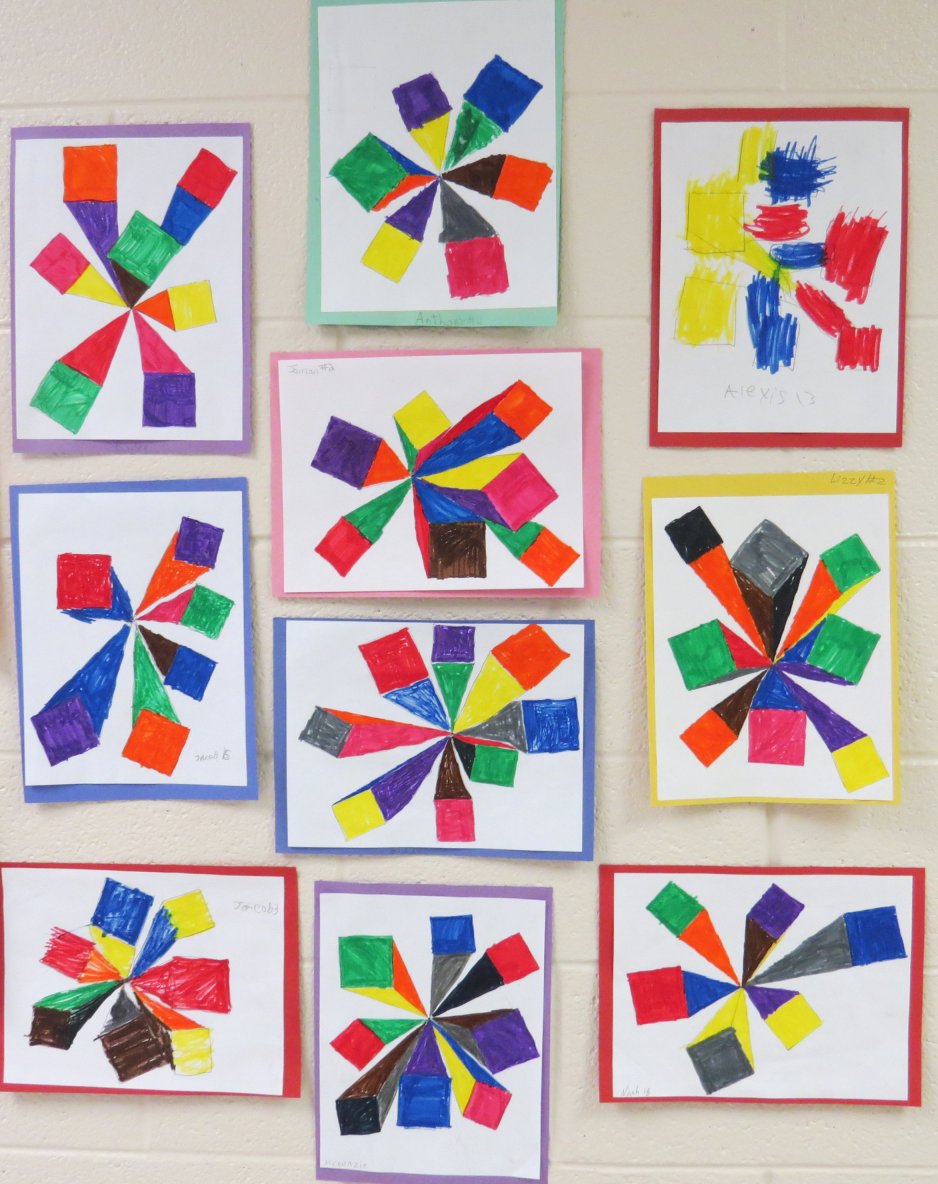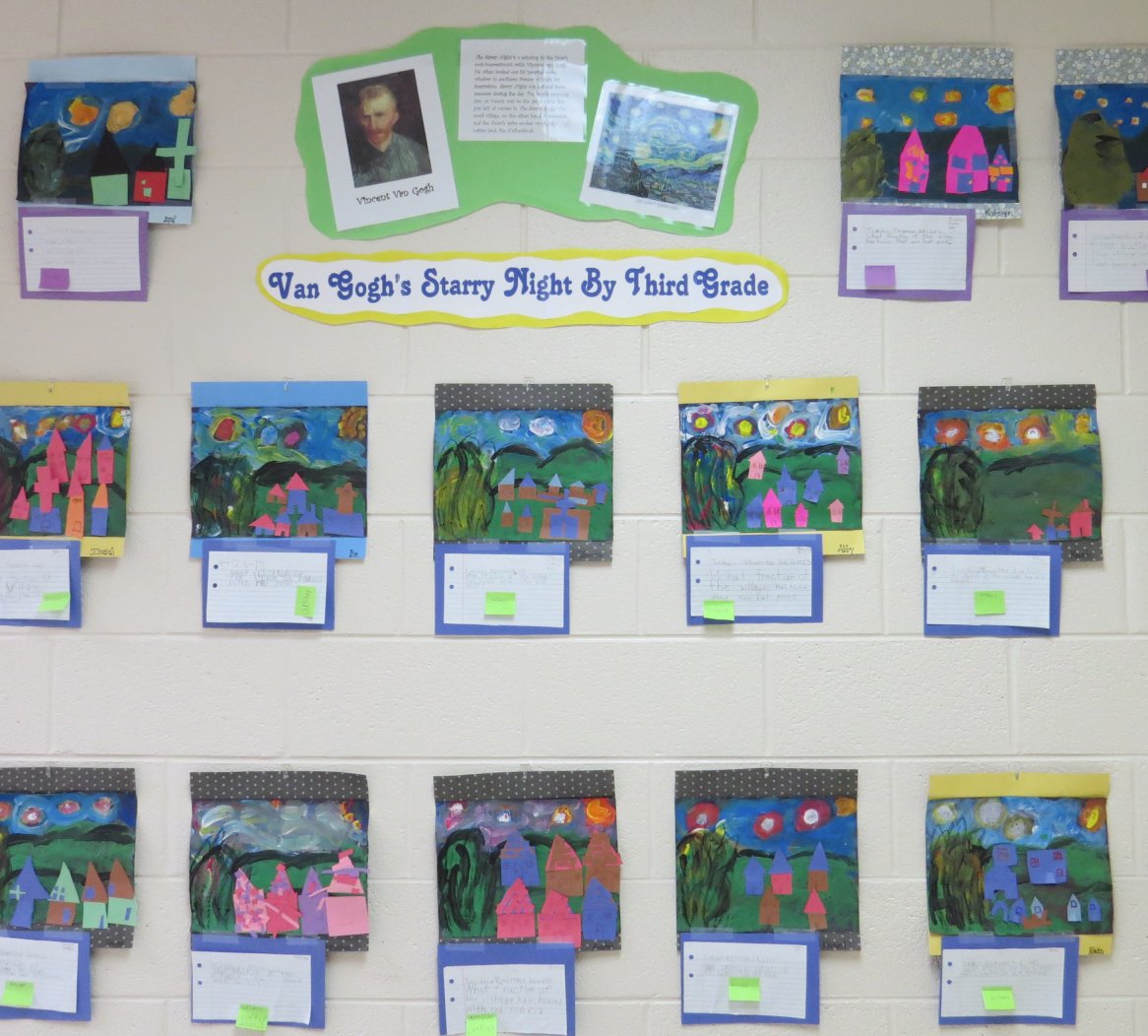Year-Round Bulletin Board Ideas to Showcase Learning
Great Ideas to Decorate your Classroom during Any Season
Explore a variety of creative bulletin board ideas that showcase student work, inspire learning, and brighten up your classroom or hallway. This collection features themes in art, literature, and science & technology, providing a range of engaging activities and displays that educators can use to enhance their students' educational experiences.






















